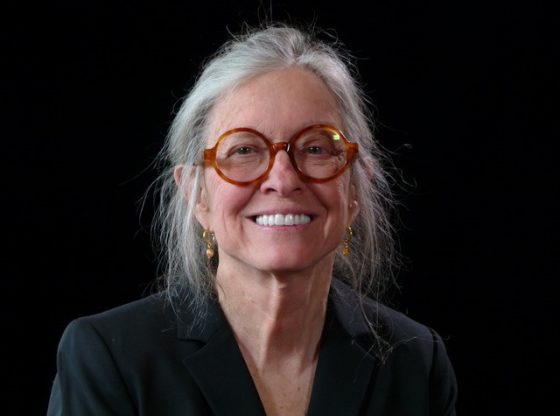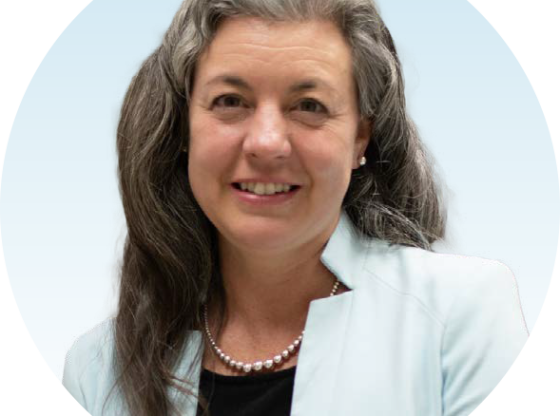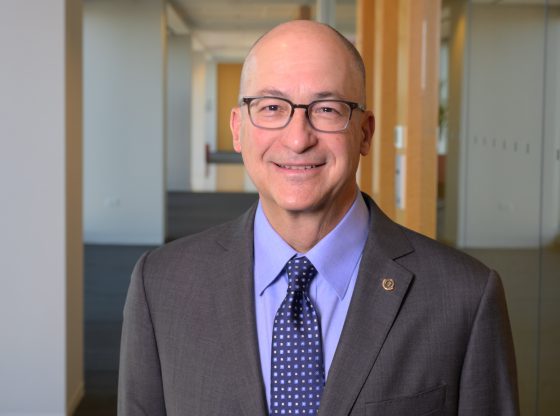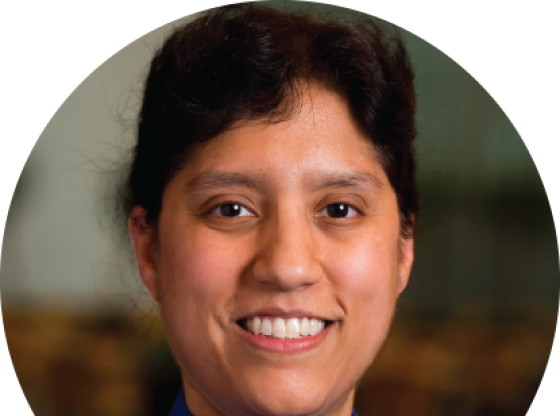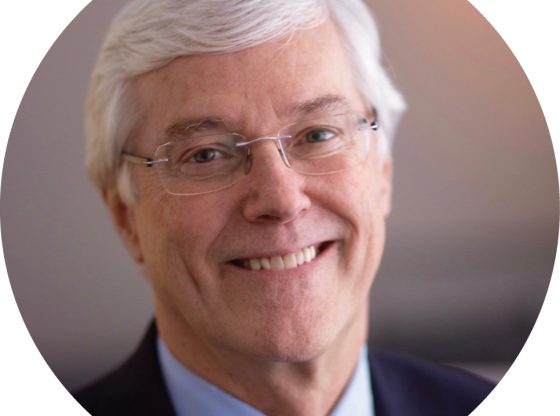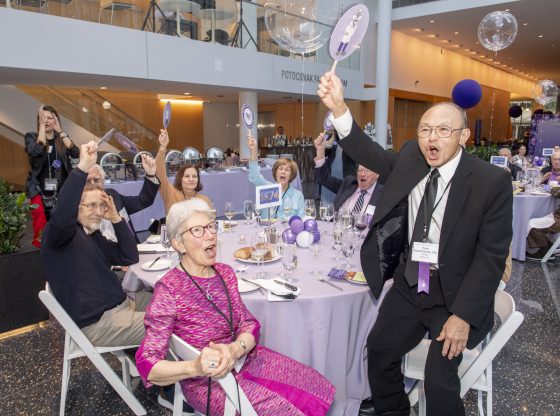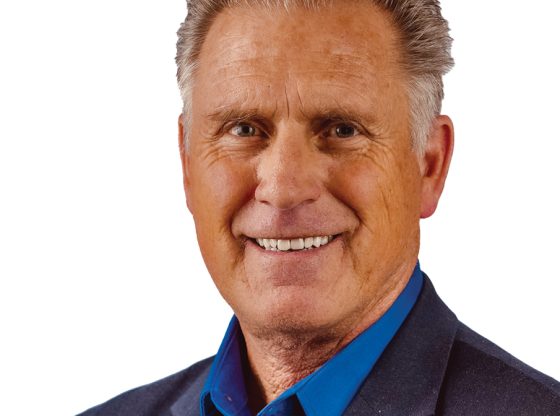Ripecky Family Scholarship to Support Students Pursuing Psychiatry, Primary Care, and Beyond
As a young child, Andrew Ripecky ’72, ’76 MD, watched his family physician father care for patients on Chicago’s South Side and southern suburbs. A career in medicine became Ripecky’s calling and Northwestern his first choice for medical school. Ripecky has been practicing psychiatry and serving as a clinical faculty member for the past 43 years — first at Rush University and now at Loyola University’s Stritch School of Medicine through an affiliation with Hines VA Medical Center in Maywood. The October 2022 issue of Chicago magazine featured Ripecky in its “Top Brain Doctors” list.
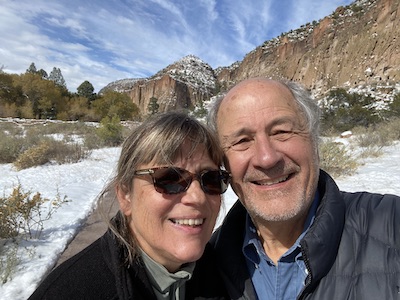
Thankful for his Northwestern education, he and his wife, Ruta Panchuk Ripecky ’75, ’77 MMUS, made a generous philanthropic pledge this fall to establish the Ripecky Family Scholarship Fund at the Feinberg School of Medicine. When fully funded in 2027, the scholarship will be awarded to fourth-year Feinberg students matching into a residency program in (order of preference): psychiatry; primary care/family medicine/internal medicine; or pediatrics.
We recently chatted with Ripecky about giving back to his alma mater through scholarship funding.
Why is supporting scholarships, in particular, important to you and your family?
I feel profound gratitude for the excellent medical school education I received at Northwestern. The world-class faculty included many volunteer clinical staff who gave much time and energy to their teaching. Now, these many years later, I’m trying to do my part, both in my teaching role and in making this gift. Giving to scholarships is a wonderful way to honor the efforts of the faculty who contributed to our successes.
What was a key takeaway from your time at Northwestern?
I was one of seven transfer students from a school in Mexico where I completed my first two years of medical education. Dr. [James] Eckenhoff, the dean of Northwestern’s medical school at the time, invited us to a welcome lunch just for us. This gracious token of acceptance made a really positive impression on me and demonstrated that we were all equally important members of the medical student body.
Why did you choose fourth-year students for your support?
By this point in their medical education, these students have chosen their career path. Our hope is to relieve the burden of any medical school debt they may have accrued. With the scholarship support, they can focus on their training and not have to take moonlighting jobs to stay financially afloat.
Does your scholarship’s support for specific areas of training and practice hold special meaning for you?
Careers in psychiatry, family medicine, and pediatrics are less well-compensated than procedure-oriented specialties. Some students decide not to pursue them for financial reasons, leading to a physician shortage in these areas of medicine. Also, I am a psychiatrist. My father was a family physician. So, our preferences checked off those boxes!
What can you say to inspire your fellow alumni and friends to consider supporting students in this way?
I was lucky. Medical education in my day was less expensive, and my parents were generous in supporting me. Many students today don’t have that kind of support, making scholarship funding from me and fellow alumni all the more important.

